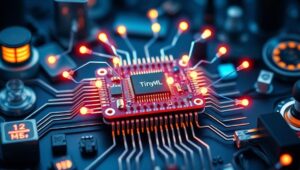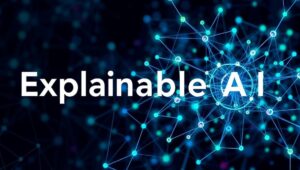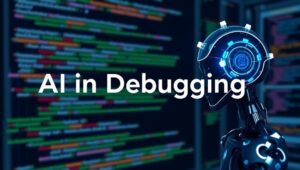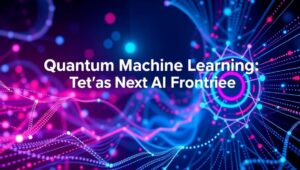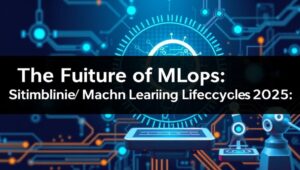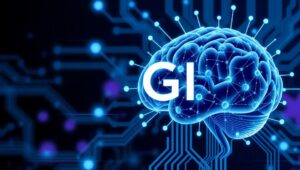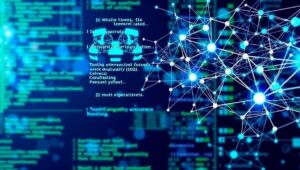May 16, 2025
TinyML: Bringing Machine Learning to Microcontrollers in IoT (2025 Trend)
TinyML: Machine Learning on Microcontrollers – The IoT Trend of 2025 As the Internet of Things (IoT) continues to expand, the need for efficient and intelligent edge computing solutions is growing rapidly. TinyML, a field focused on deploying machine learning models on resource-constrained devices like microcontrollers, is emerging as a key enabler for this trend. By 2025, TinyML is poised to revolutionize IoT applications across various industries. What is TinyML? TinyML involves compressing and optimizing machine learning models to run on microcontrollers with limited memory and power. Unlike traditional cloud-based machine learning, TinyML enables on-device data processing, reducing latency, enhancing
